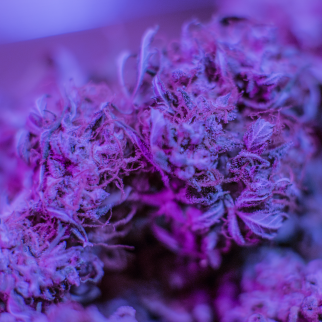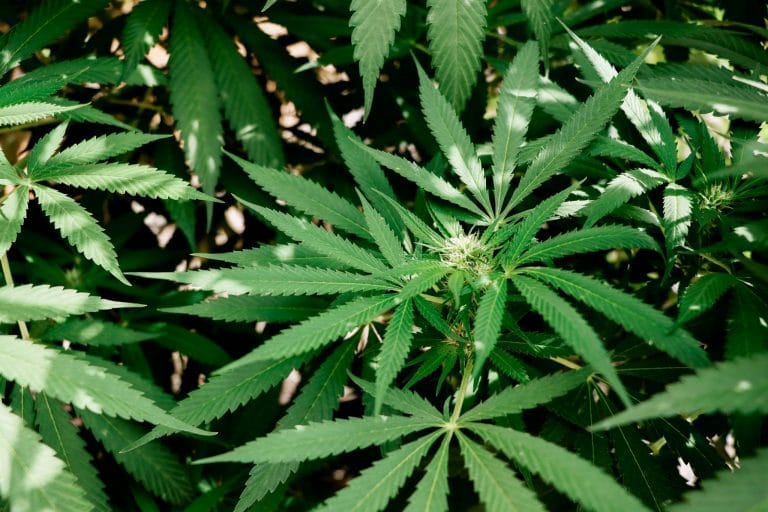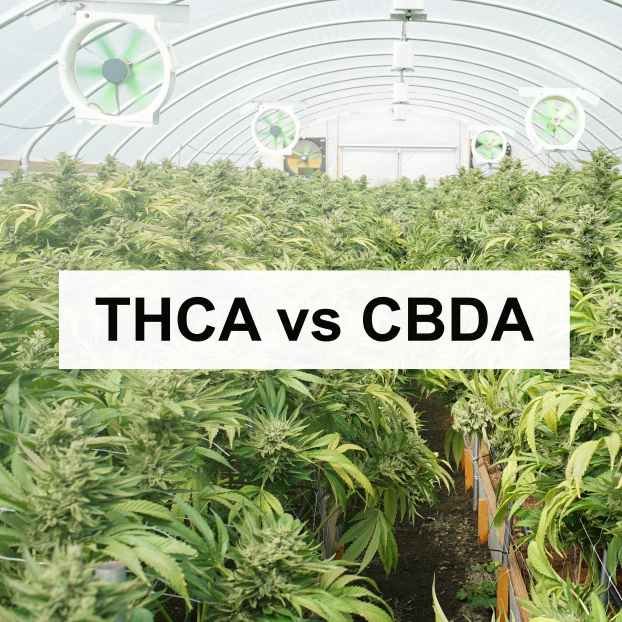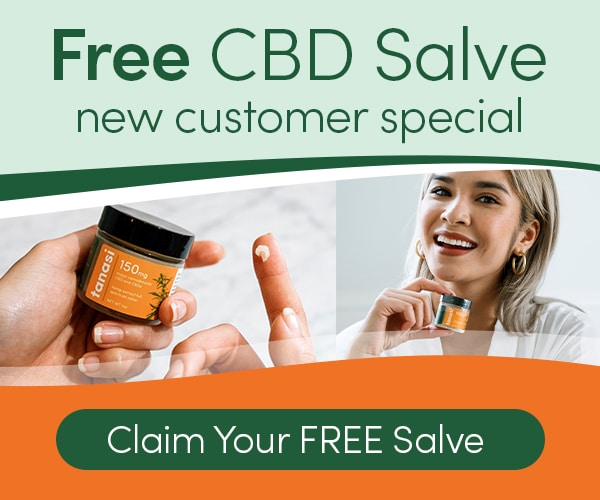Here’s Why THCA Should Matter to You
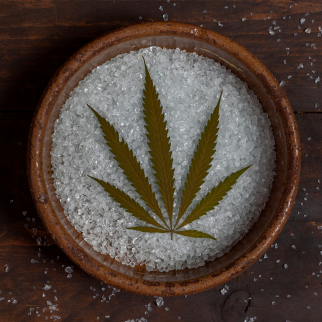
Posted on June 13th, 2021
THCA: it’s one of the newer cannabis compounds to get some attention. After all, researchers study the cannabis plant and its various compounds in great detail. Today, they know that the plant’s compounds form in several phases associated. And, since THCA forms early and disappears easily, we don’t know as much about it. But that doesn’t mean we shouldn’t.
After all, early research suggests THCA could have important health benefits. In fact, it may mimic THC’s positive impact on nausea. Without getting you high, or making you fail a drug test. Sounds interesting? We agree! That’s why, in this article, we’ll delve deeper into this organic compound. So you can discover why it’s just as important as those other cannabinoids you hear so much about.
What is THCA? 
It’s a cannabis compound, known as tetrahydrocannabinolic acid, that offers a long list of potential therapeutic benefits.
THCA is not to be confused with THC. Because it’s got a unique set of properties that separate it from THC. And one of those properties would be that it is non-intoxicating. So unlike with THC, you won’t get “high” after taking THCA.
Sounds great, right? But there’s a catch! We can only find this cannabinoid while the cannabis plant is alive. When the plant starts to dry, it withers away and converts to THC. (The same thing happens with CBDA and CBD.) This conversion process, referred to as decarboxylation, gets the same results you’d experience if you smoked a cannabis flower.
Now, the basic reason for differences between THC and THCA has to do with their molecules. THCA is a larger molecule, so it impacts your body’s CB1 receptors differently. (That’s a big deal because these receptors, part of your endocannabinoid system, pass on neural information that tells your brain how to react to this compound.) Since THC molecules are smaller, they attach perfectly to these receptors, sending stronger signals to your brain and creating that natural high. But that doesn’t happen with oversized THCA molecules.
Forming in Cannabis Plants
As we mentioned, heating the plant changes its compounds at the molecular level. That’s when cannabolic acids transform to cannabinoids such as THC and CBD. But they don’t do so at a standard rate. So, in some cases, trace amounts of THCA remain behind, and your plant will have lower THC content. And in other cases, all the THCA converts to THC, yielding very high concentrations.
THCA vs THC: What’s the Difference?
We’ve already discussed the molecular differences between these two compounds. But there’s more to assess when it comes to their distinctions. Especially in how they’re sourced.
As the cannabis plant grows, there are specific substances present that we can use. Some cannabis strains, such as industrial hemp, are cultivated for higher concentrations of CBD, while growers cultivate marijuana plants for higher THCA and THC concentrations. Next, if you want lots of THCA , you can enjoy raw strains with high THCA concentrations. Or, if you want to source THC, you can take a marijuana-extract that’s been through decarboxylation.
As we’ve reviewed, they also act differently in your body. Once THC enters your body, it connects with your CBA receptors. Since it perfectly fits into the receptor, it sends messages to your brain and you experience a natural high.
In contrast, THCA doesn’t create THC’s psychoactive effect. This has to do with the way the molecules impact the receptor. Their attached carboxylic acid chain form a shape that doesn’t connect well with your CB1 receptors. So they don’t allow signaling information to pass to your brain, and you don’t experience psychoactive effects.
Benefits of THCA
When you take THCA, you can experience all of THC’s potential benefits. But without the intoxicating effects. For that reason, THCA is lot easier to digest if you can’t get away with mid-day euphoria. So, what are the potential benefits of this acidic cannabinoid?
Research suggests that THCA may help manage chronic pain. It could also be useful for people who live with lupus or arthritis. This includes those dealing with chronic pain conditions such as lupus or arthritis. And, while we need further research, taking THCA could even help people who are living with neurodegenerative diseases.
Finally, taking this compound could help you manage an unhealthy appetite loss or nausea related to chemotherapy. Plus, early studies suggest the compound could inhibit prostate cancer cell growth, although more research is necessary.
Eat Your Greens: A Raw Hemp Salad Recipe

We’ve already mentioned that THCA mostly disappears when you process cannabis leaves. So, if you want to get a healthy dose of cannabolic acids, there’s nothing better than munching on some plant leaves!
Now, they don’t taste great on their own, which is why we’re sharing this nutrient-packed, tasty salad recipe adapted from Emily Kyle nutrition. It’s a great source of THCA and CBDA, and depending on your favorite mix-ins, it should also offer other dietary staples.
First, source your hemp leaves. Look for small fan leaves and sugar leaves for the best salad consistency, then harvest, wash and dry them. Next, give the leaves a rough chop and add them to your bowl. Then, add beets, walnuts and a sprinkle of goat cheese to your taste. (Plus any other mix-ins that you’re craving. We’re also loving orange slices right now, as pictured, but you do you!) Finally, pair with a lemon-vinaigrette (bonus points if you mix in some CBD oil) and get ready to enjoy your perfect salad!
Other THCA Sources
When it comes to finding THCA, it’s important to understand it’s present in a wide array of sources. Just not in large quantities.
As with other cannabinoid acids, THCA begins as cannabigerolic acid, which is also known as CBGA. When the cannabis plant starts to grow, your individual plant strain releases enzymes. And these enzymes are responsible for triggering what then ends up becoming one of the many different cannabinoid acids.
Of course, one of these cannabinoid acids is THCA. When the flower is high in THC, it will end up pushing the CBGA to turn into THCA. So, if you want to enjoy the benefits of THCA, start by seeking out high THC strains of raw cannabis. If THC is legal in your state, you can enjoy the leaves raw, using our recipe. Or, if you want to experience the effects of THCA along with a host of other cannabinoids and cannabolic acids, try a full spectrum CBD product like the ones we carry at Tanasi. Though THCA is present in small quantities, it combines with other cannabis compounds to deliver an entourage effect, and maximize your overall experience.

